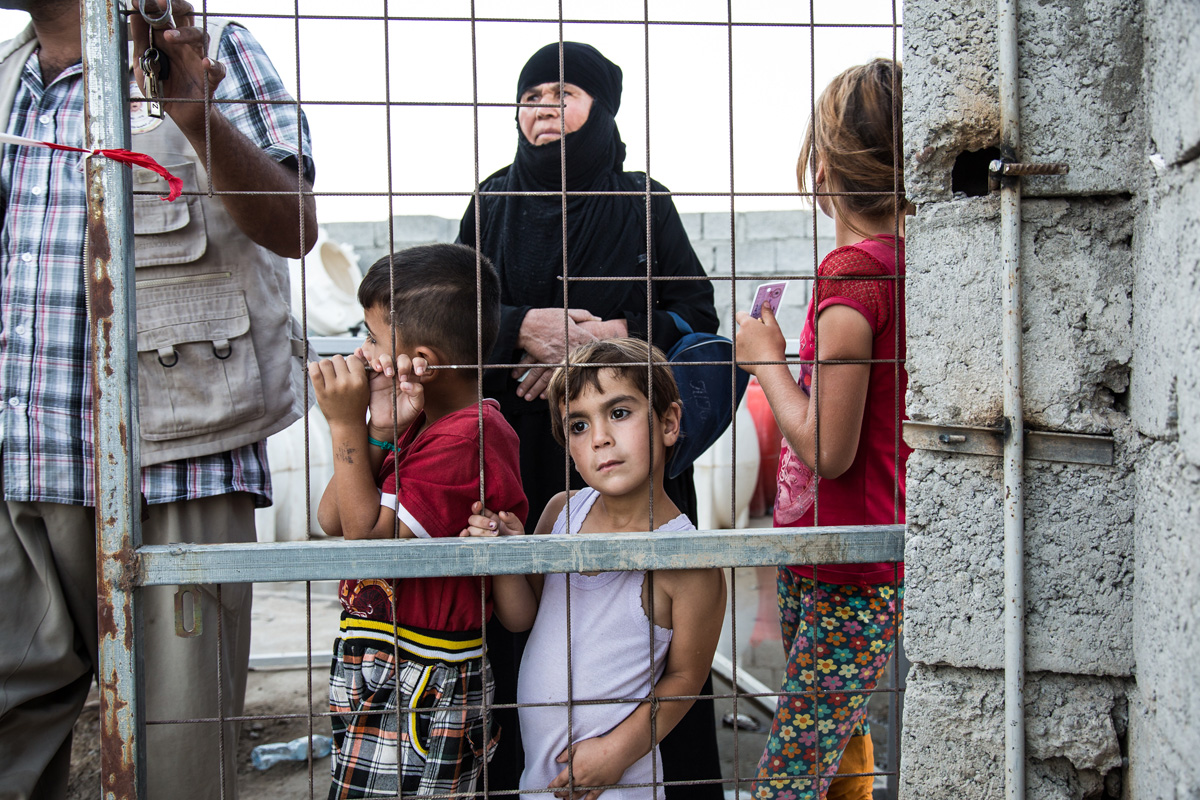Blog Home > iraq
-
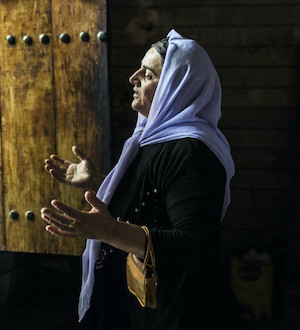
The Path to Reparations for Victims of IS Crimes in Iraq
October 7, 2020
Over six years have passed since the self-described Islamic State’s assault on Iraq and Syria, and its particular targeting of ethno-religious minority groups for killings, sexual violence, abduction, and torture, among other harms. In September 2020, the Simon-Skjodt Center held a briefing focused on reparations for victims and survivors of these crimes.
-
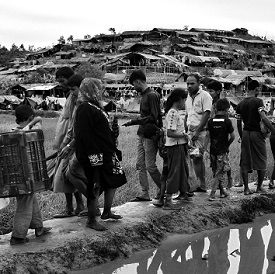
Promoting Civil Society Engagement with UN Investigative Mechanisms
September 17, 2019
The Museum's Ferencz International Justice Initiative shares lessons learned from a new UN investigative model for collecting and storing evidence of atrocity crimes.
-
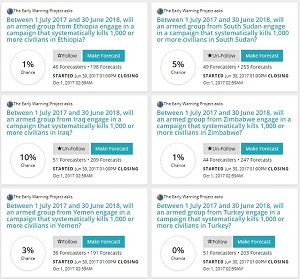
Wisdom of the Crowds Tackles Atrocity Risk
September 19, 2017
In April 2017 the Early Warning Project launched a new set of questions through a public opinion pool to crowdsource questions on atrocity risk around the world. Since then, 317 participants have cast 7,025 forecasts in response to questions asking about mass killing risk in 16 countries that the project has identified as high risk.
-
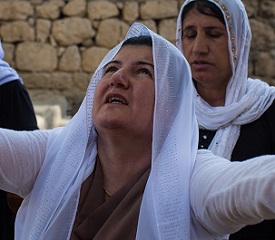
Three Years After Genocide in Iraq, Affected Communities Need Protection & Accountability
August 3, 2017
Three years after the self-proclaimed Islamic State (IS) committed genocide and other mass atrocities against Yezidi, Christian, and other religious minorities in northern Iraq, these communities remain at risk. In order for displaced religious and ethnic minorities to return to their homes and engage in the process of reconciliation with their neighbors, their physical protection must be assured, their rights to practice their religions and cultures must be guaranteed, and they must see those who harmed them held to account.
-
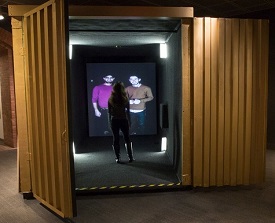
The Portal: A Real-Time Conversation with People Forced to Flee Violence
July 24, 2017
An immersive audio visual experience that connects strangers across the world in real time.
-
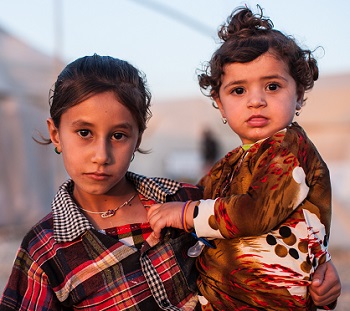
Podcast: Seeking Justice for the Yezidi Genocide
March 1, 2017
The Simon-Skjodt Center's Deputy Director Naomi Kikoler joined a recent Harvard Humanitarian Initiative podcast to discuss the acts the genocide, which include the murder of men and the elderly and forcing women and children into slavery, and debate the prospects for justice.
-
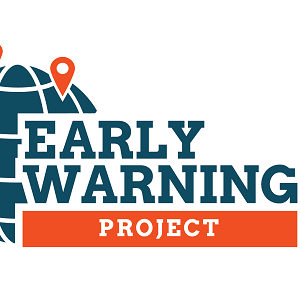
Escalating Risk of State-Led Mass Killing in Iraq
June 14, 2014
Since the start of the year, our early-warning system's opinion pool has included a question about the risk of a new episode of state-led mass killing* occurring in Iraq before 2015. As noted in a recent post, our forecasters have consistently seen that country as one of the cases at greatest risk worldwide, and their concern increased significantly in May as the civil war in predominantly Sunni parts of the country escalated.
-

Alarmed By Iraq
April 30, 2014
Iraq’s long-running civil war has spread and intensified again over the past year, and the government’s fight against a swelling Sunni insurgency now threatens to devolve into the sort of indiscriminate reprisals that could produce a new episode of state-led mass killing there. The idea that Iraq could suffer a new wave of mass atrocities at the hands of state security forces or sectarian militias collaborating with them is not far fetched.
-

Why More Mass Killings in 2013, and What It Portends for This Year
January 13, 2014
In a recent post, I noted that 2013 had distinguished itself in a dismal way, by producing more new episodes of mass killing than any other year since the early 1990s. Now let’s talk about why. Each of these mass killings surely involves some unique and specific local processes, and people who study in depth the societies where mass killings are occurring can say much better than I what those are. As someone who believes local politics is always embedded in a global system, however, I don’t think we can fully understand these situations by considering only those idiosyncratic features, either. Sometimes we see “clusters” where they aren’t, but evidence that we live in a global system leads me to think that isn’t what’s happening here.

